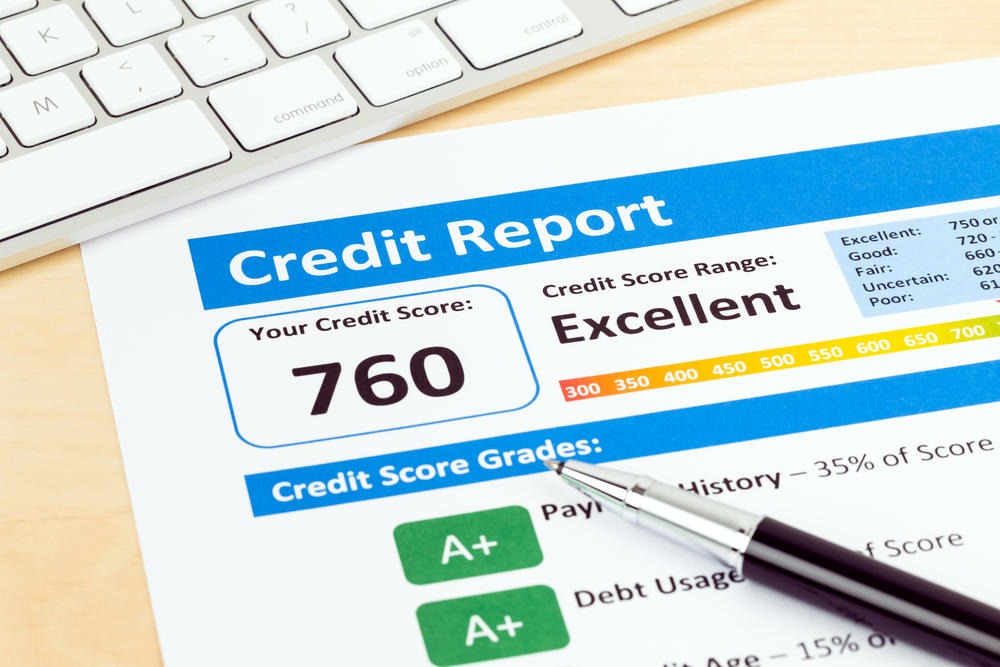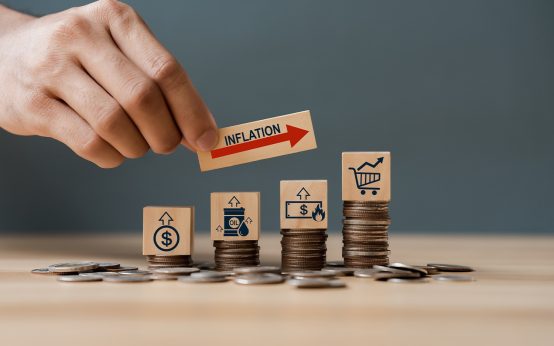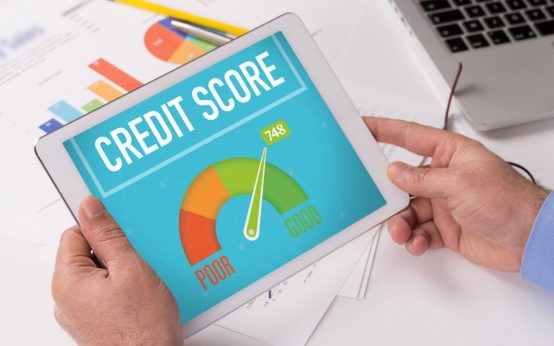
Some people may sometimes be lucky enough to get it the easy way, however this is a rare thing to see. In most cases, the road to building credit usually takes a longer time, and requires patience and discipline, even more so if your situation is credit reconstruction.
Even though there are promises by some agencies that they can repair your credit quickly, don’t kid yourself. Nothing is that simple and the process can often be a bit slow. However, changing a few habits can help you through the process.
Factors that cause your credit score to be affected
A few things are crucial to having your score affected. Starting with your payments, that is, your history. Know that most of it, is concentrated on this. Missed or late payments wreak havoc on your credit history.
Another factor that is considered important is the utilization of the credit. A comparison is made of how much you use, and what you have available. It is good that your usage is less than 30%. The length of your history, which in other words is the length of your accounts in general and credit cards. In this case it is better when it is older, because it shows your experience to the creditors.
Credit mix, impacts a bit too, as lenders want to assess the balance on your revolving accounts, from cards to loans. And finally, there is also the recent credit, which the lower it is, the better it is for you.
How to improve your credit score
To build credit doesn’t happen overnight or in the blink of an eye. Your actions can help this process, but in any case it takes time. Each case works in a different way, but if you find yourself in debt, the best option is to pay it off as soon as possible.
So if you don’t have an exact notion of how much you owe, make a plan and collect all your bills so you know exactly how much you owe and can organize yourself to pay. To help you not forget the due date of your bills, take advantage of the automatic debit function, to include all of them and not run the risk of any of them going unnoticed.
Negotiate if there are penalties on overdue accounts, to make it easier to pay and get paid soon. Other important tips are: Monitor your credit reports frequently and watch your progress closely. Sign up for free credit monitoring, ask them to raise your limit, etc.
Learn to say no
If you want to escape the pitfalls and make your credit score stay good, you need to know how to say no. Starting with credit cards, say no to having too many available in your name.
Having multiple cards will not help you in this process. The same works for loans. It is a huge foolishness to take out one thinking that it will help you.
Besides not asking for extra cards, canceling yours is not an option, and neither is carrying any balance on it. Watch out for little things that seem harmless, but can hurt you.



 Build Credit the Easy Way
Build Credit the Easy Way  Learn about the best companies to consider investing in the midst of an inflation boom
Learn about the best companies to consider investing in the midst of an inflation boom  How to improve credit for any financial circumstance
How to improve credit for any financial circumstance